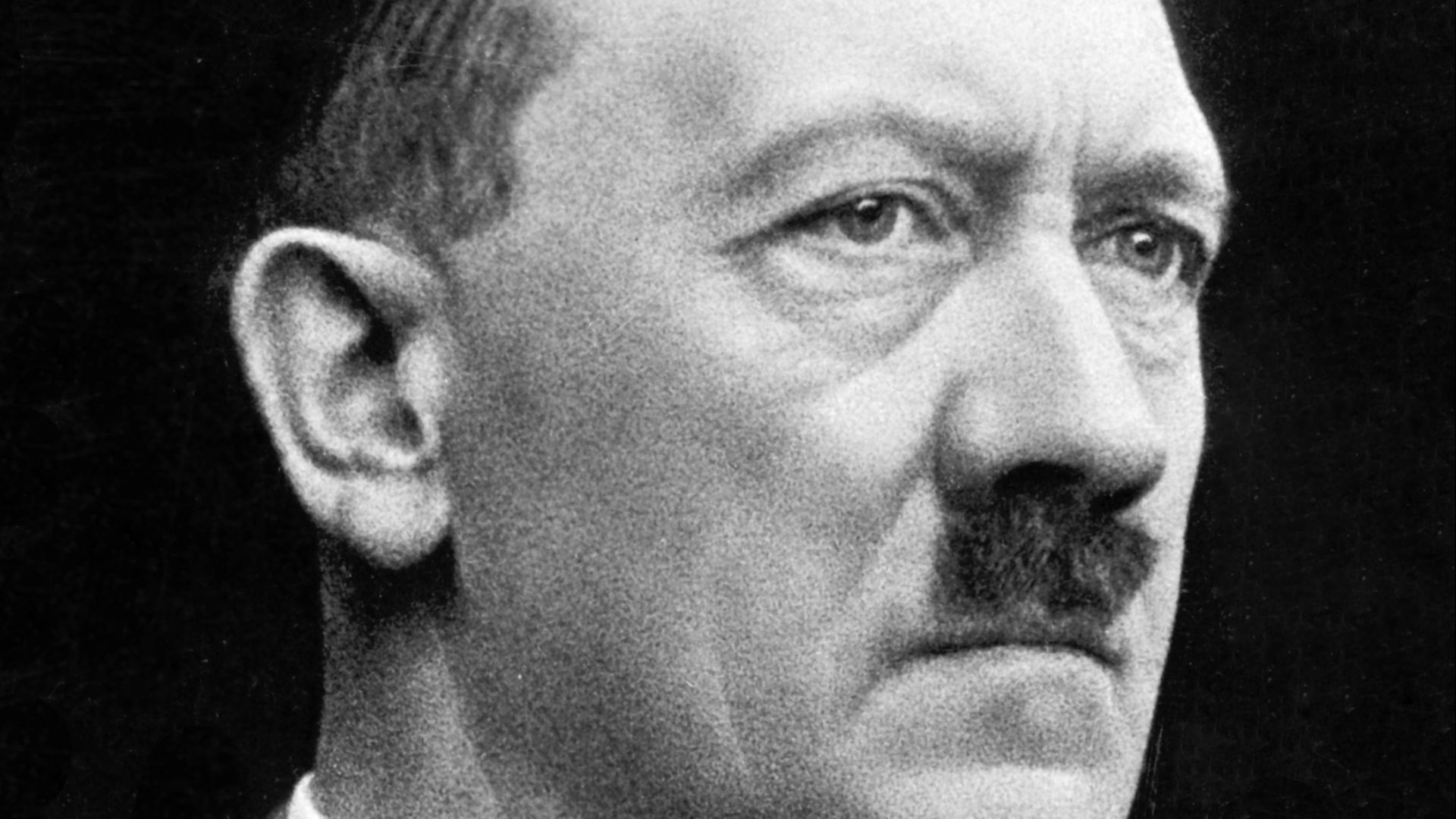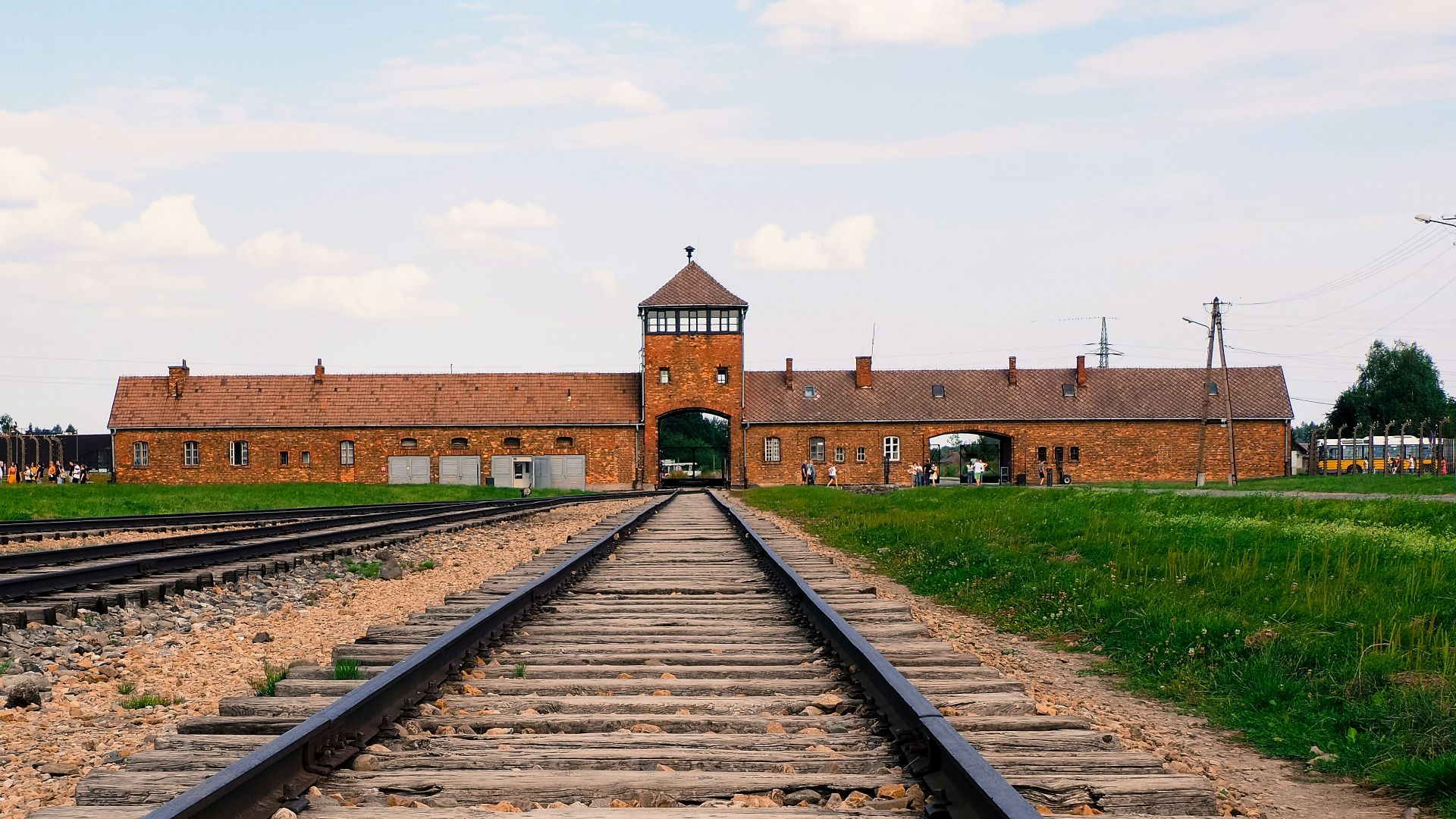10 Reasons Germany Lost World War II & 10 Reasons They Almost Won
How a Nation of Precision Fell to Chaos
World War II wasn’t a single story but a thousand crisscrossing events happening all at once. Germany, for a time, looked unstoppable. The speed at which they invaded and the orderliness of their armies were terrifyingly efficient. But then, piece by piece, their efficient war machine began to splutter and stall. What’s strange to think about is how close they still came to pulling it off and conquering the whole of Europe. Here are ten reasons Germany lost WWII and ten reasons they came close to altering the course of history completely.
 Unknown authorUnknown author on Wikimedia
Unknown authorUnknown author on Wikimedia
1. They Invaded the Soviet Union Too Soon
Operation Barbarossa in June 1941 was meant to be surgical and decisive. Instead, it became a disastrous miscalculation. German soldiers froze in uniforms meant for autumn, and engines stalled in snowdrifts. In the end, Moscow wasn’t taken.
2. They Underestimated American Industry
Germany had ingenuity, but the United States had volume. Once American factories shifted from cars and washing machines to bombers and tanks, the math became impossible. Every German Tiger tank faced ten Shermans. Every Luftwaffe pilot shot down meant three new Allied recruits with fresh planes. Wars aren’t won by strategy alone; they’re won by assembly lines.
 Birmingham Museums Trust on Unsplash
Birmingham Museums Trust on Unsplash
3. Hitler Couldn’t Stop Interfering
He fancied himself a general—or worse, a man of destiny. His intuition, once mistaken for brilliance, eventually turned catastrophic. As the war progressed, he took to overruling his strategists, redirecting armies mid-campaign, and obsessing over symbolic cities like Stalingrad instead of devoting his energy to strategic ones like the Caucasus oil fields.
4. They Tried to Fight on Too Many Fronts
By the end of the war, Germany had stretched itself too thin between North Africa, the Atlantic, the Soviet steppe, and the skies over London. Soon there weren’t enough men, fuel, or hours in the day. Blitzkrieg worked only as long as the momentum was maintained.
5. The Allies Cracked Their Codes
The Enigma machine was supposed to be unbreakable. It wasn’t. In a quiet English estate at Bletchley Park, a handful of mathematicians, linguists, and codebreakers deciphered Germany’s secret code. This led to convoys being rerouted and U-boats ambushed without Germany even knowing that their code was broken.
6. They Alienated Potential Allies
The Nazis could’ve had partners but instead opted to have subjects. Occupied nations were bled dry financially, their people enslaved or exterminated. Even those who hated the Soviets or the British couldn’t stomach Germany’s brutality. When you fail to win over people’s hearts, resistance begins to grow.
7. They Relied Too Much on Fear
The Gestapo could silence dissent, but it couldn’t inspire innovation. Fear is ultimately a poor motivator. Eventually, scientists fled, generals lied, and soldiers began to disobey and mutiny. The whole structure depended on the illusion that Hitler couldn’t be wrong. And when he was, no one dared to tell him.
8. They Misjudged the British
The plan was simple: bomb Britain into submission. Instead, the Blitz forged British resolve. Londoners slept in subway tunnels, drank tea beside rubble, and sang. The Luftwaffe lost hundreds of planes and, more critically, its aura of invincibility.
9. They Burned Resources on Fantasy Projects
Hitler loved spectacle, and they spent a small fortune developing gigantic “super tanks,” jet prototypes, and secret wonder weapons. Fearing repercussions for dissent, engineers followed orders instead of reason, and the whole war effort began to fracture down dead ends.
10. They Lost the Moral Ground
War crimes aren’t strategy, and eventually, they backfire. The Holocaust didn’t just horrify the world—it united it. Every soldier who marched against the Reich did so with moral clarity. Evil, once unmasked, doesn’t get sympathy.
And now, here are ten reasons why Germany came close to securing victory.
1. Their Early Blitzkrieg Was a Masterclass in Modern Warfare
The Germans used speed as a weapon. When their tanks, planes, and infantry converged in synchronized precision, France fell in six weeks. The world had never seen anything like it. Their radio coordination and tactical surprise were terrifyingly elegant, and for a brief, chilling moment, the future looked German.
 Zschäckel, Friedrich on Wikimedia
Zschäckel, Friedrich on Wikimedia
2. Their Command Structure Encouraged Boldness—At First
Early on, German officers had freedom. They could decide how, not just what. It worked brilliantly, and small units surged across Europe like a rushing wave—adapting, improvising. Before paranoia crept in and every decision needed Hitler’s blessing, the Wehrmacht was a machine that could think for itself.
3. Their Technology Was Ahead of Its Time
From jet aircraft like the Me 262 to the V-2 rocket, German engineers were decades ahead. If they’d had six more months, the skies might’ve looked different. The Allies rallied just in time to overturn their technological innovations.
4. Their Propaganda Was Terrifyingly Effective
The world underestimates how persuasive Germany was in the 1930s. With their rallies, films, and crisp uniforms, they managed to convince millions of their ideas. Most of the German population believed they were saving Western civilization, not destroying it.
5. Their Espionage Was Smart
They infiltrated governments, decoded Allied messages, and manipulated rival factions. Their spies helped orchestrate coups and sabotage. Eventually, however, their arrogance caught up with them, and they began to miss things and make crucial mistakes.
6. They Nearly Controlled All of Europe
By 1942, the map looked bleak. Everything from Norway to Greece to the French coast to the gates of Moscow was gray. Germany’s empire stretched farther and faster than Napoleon’s. It wasn’t sustainable, but for a while, it felt like it was unstoppable.
 Christian Paul Stobbe on Unsplash
Christian Paul Stobbe on Unsplash
7. Their Scientists Were Brilliant
Wernher von Braun and Werner Karl Heisenberg are just two of the Germans who went on to shape science long after the war ended. The great irony is that many of those minds were absorbed into Allied programs after the war, designing rockets that took humans to the moon.
 Unknown authorUnknown author on Wikimedia
Unknown authorUnknown author on Wikimedia
8. Their Soldiers Were Trained to the Bone
German soldiers were so disciplined it bordered on obsession. A German platoon could coordinate without shouting—just a glance or a gesture. Even Allied generals admitted they were up against the most efficient army ever fielded.
9. Their Logistics Were Remarkably Smooth
At the height of their success, German supply lines moved like arteries, supplying their armies with goods. Trains ran on time, convoys hit their marks, and factories produced at astonishing rates. Even invading half a continent didn’t seem to strain the system—until it did.
 Army Signal Corps photographer LT. Stephen E. Korpanty on Wikimedia
Army Signal Corps photographer LT. Stephen E. Korpanty on Wikimedia
10. They Had the Element of Fear
Fear is power. For a while, that’s all they needed. When nations saw their swastika unfurled against the sky, it paralyzed them before a shot was fired. Even today, old footage still sends a shiver down our spines.
KEEP ON READING

20 Weirdest Historical Objects in Museums
Check Out the Pickled Heart of a Saint. Museums carry…
By Rob Shapiro Oct 1, 2025
20 Ocean Mysteries We Still Haven’t Solved
Unanswered Questions Of The Ocean. The ocean covers most of…
By David Davidovic Sep 1, 2025
10 Phenomenal Mythical Creatures & 10 That Are Just Plain…
Legends Both Majestic And Peculiar. Do you ever wonder why…
By Chase Wexler Oct 1, 2025
20 Historical Predictions That Turned Out To Be True
Crystal Ball Moments In History. Do you wonder what it's…
By Chase Wexler Sep 1, 2025
10 Presidents Who Never Served In The Military & 10…
Commanders And Civilians In Office. Power can rise from very…
By David Davidovic Sep 1, 2025
20 Wars That Could Have Ended Much Sooner Than They…
Wars That Lasted Far Too Long. Wars are often remembered…
By David Davidovic Sep 1, 2025















